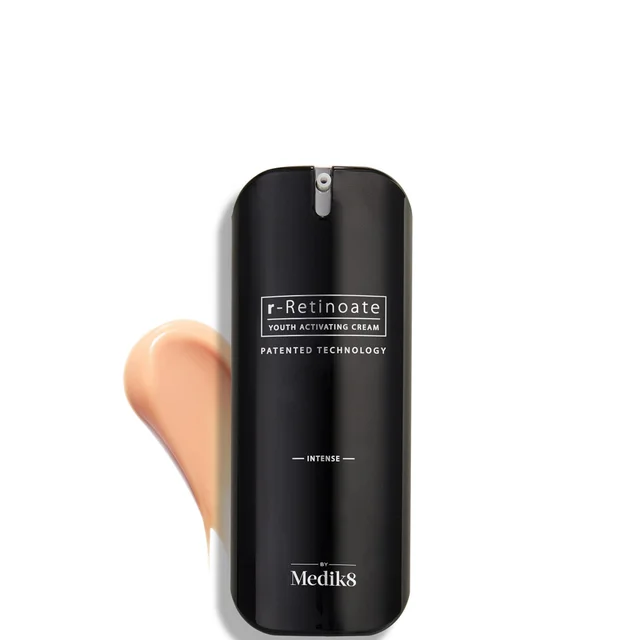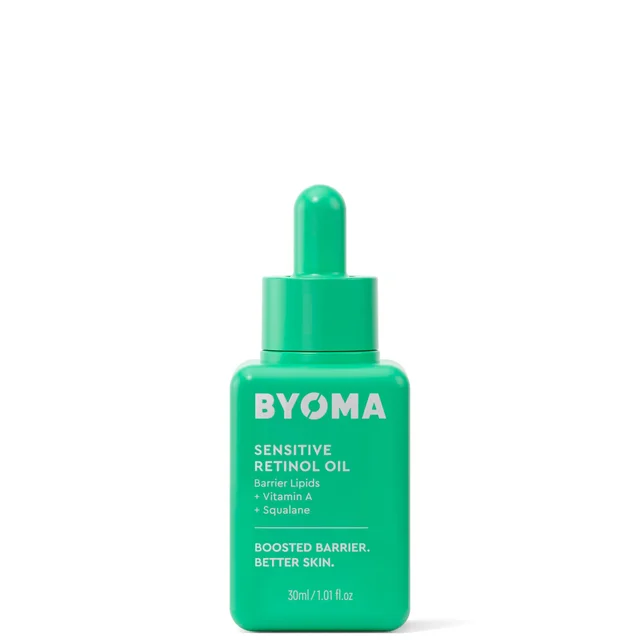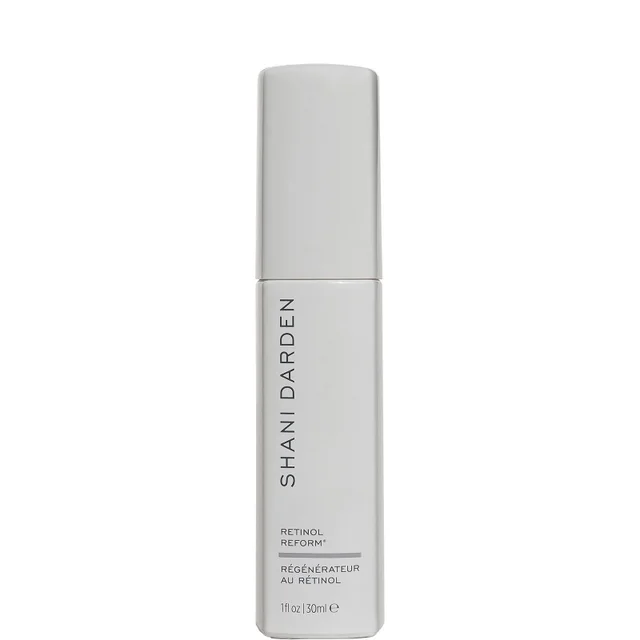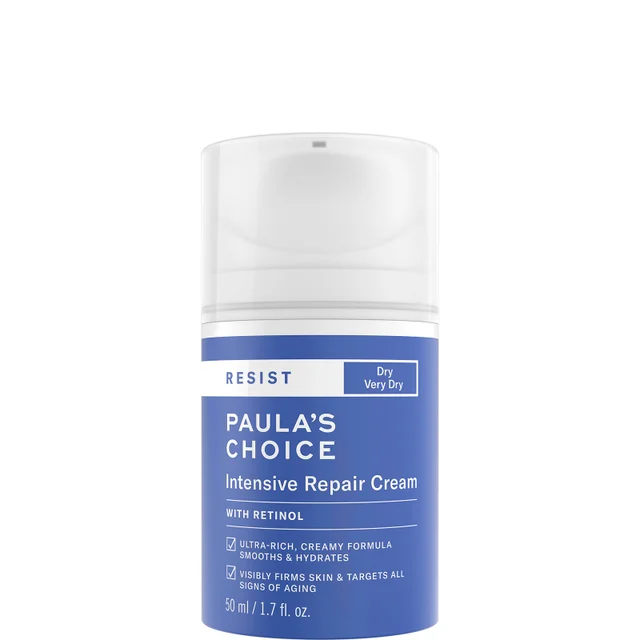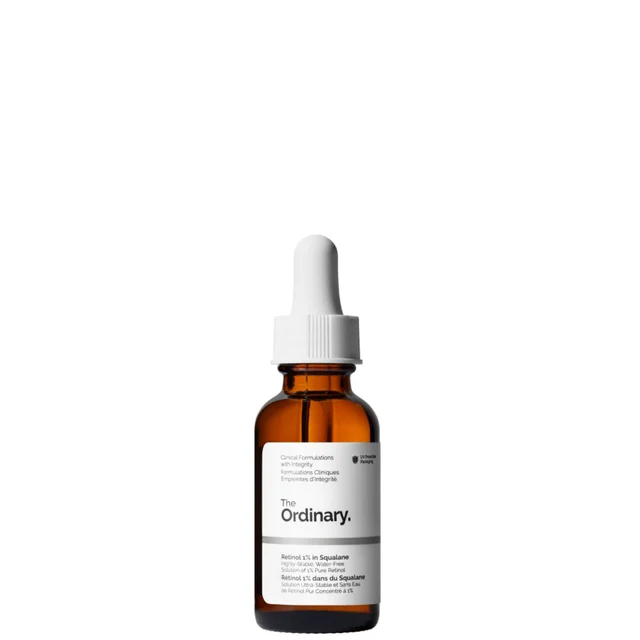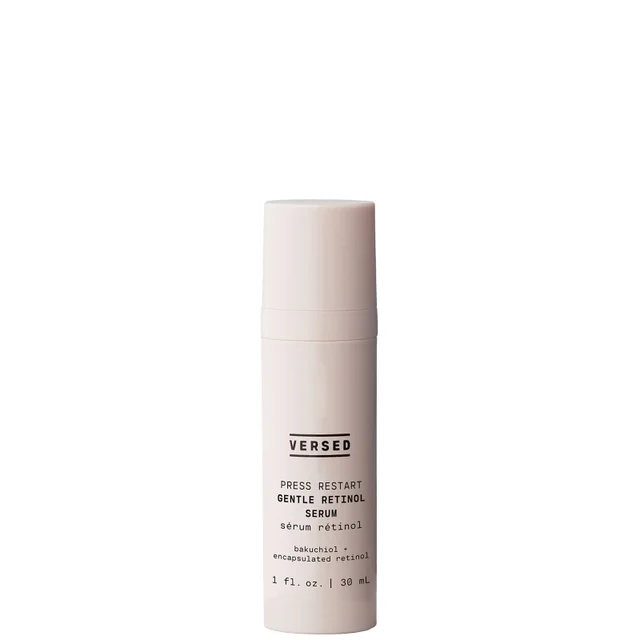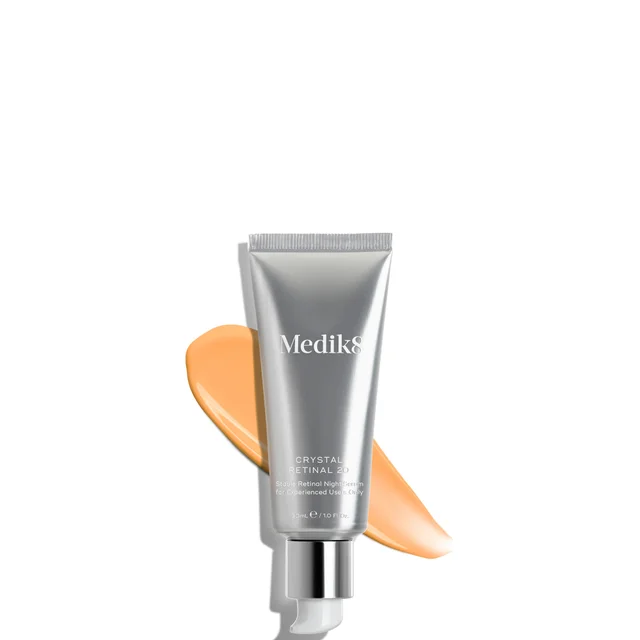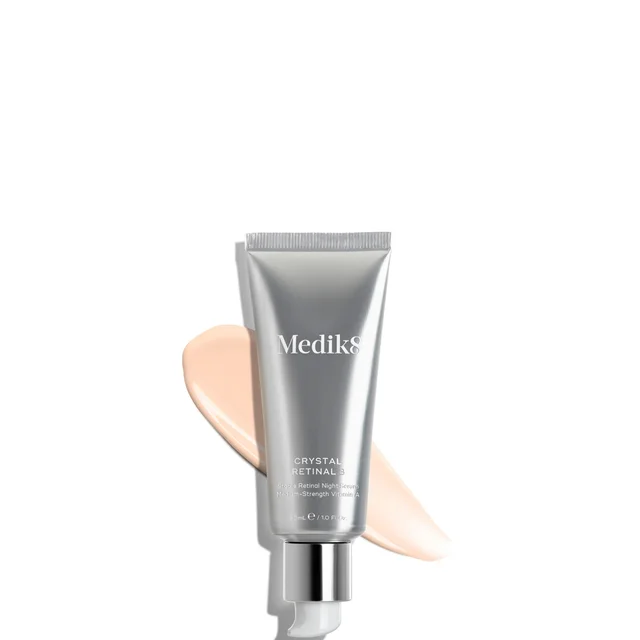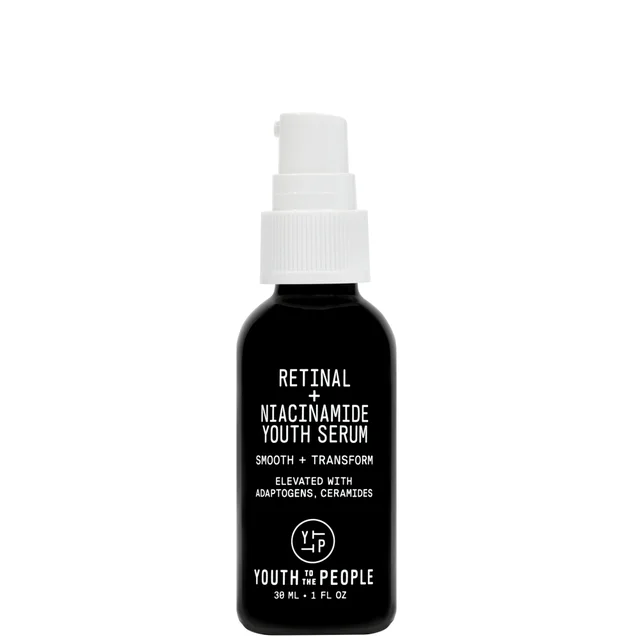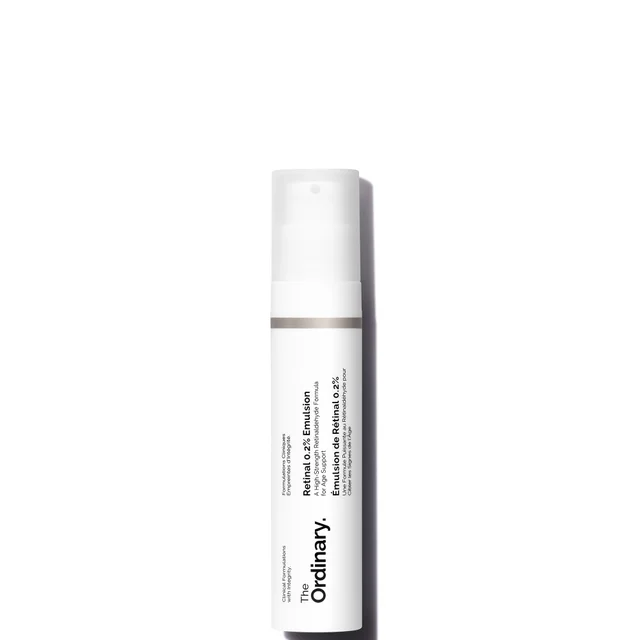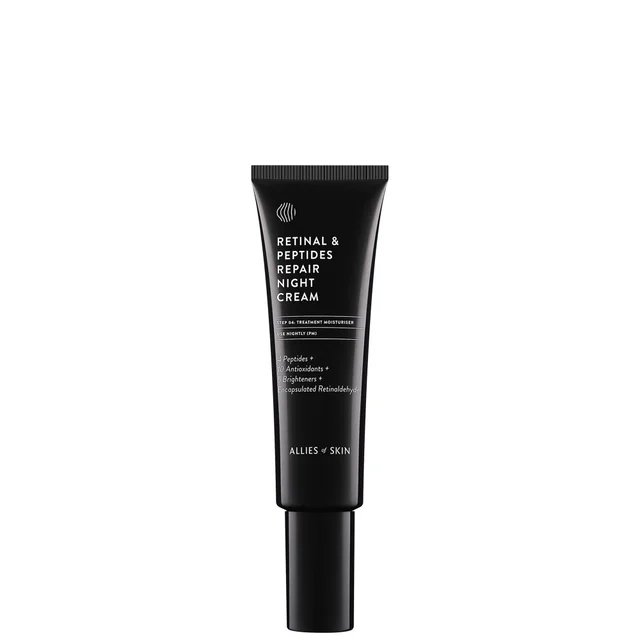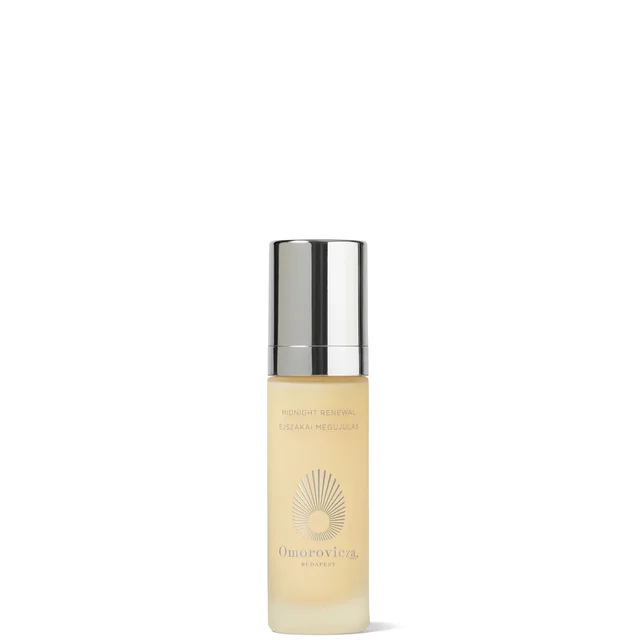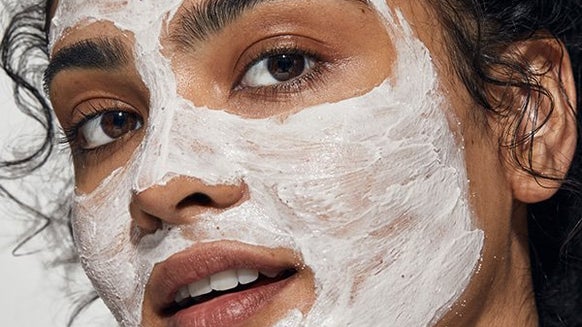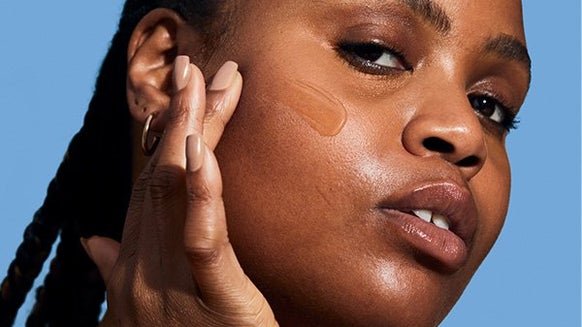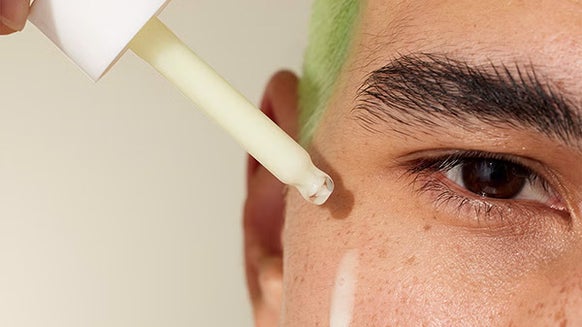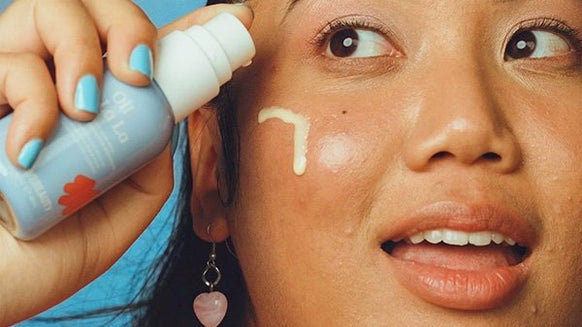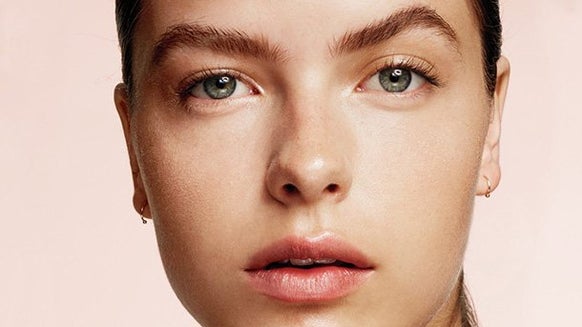RETINOL VS RETINAL: WHAT’S THE DIFFERENCE…
WHAT IS RETINOL
As mentioned above, retinol
WHAT IS RETINAL
On the other hand, while retinal
WHAT ARE THE KEY DIFFERENCES BETWEEN RETINOL AND RETINAL
Now we know the definitions of these gold-standard ingredients, Daniel uncovers the key difference between retinol and retinal.
Retinal is the only retinoid with direct antibacterial properties and is more potent than retinol as it’s only one step away from retinoic acid – making it ideal for those with blemish-prone skin. Retinal products are more difficult to make. Why? Because retinal is an unstable molecule and can lose its potency if exposed to light. As such, it requires innovative stabilisation systems like Medik8’s renowned crystal encapsulation technology, that features a patented carrot seed oil complex and airless packaging. Retinal doesn’t yet have as much clinical evidence and hasn’t been studied to the same extent as retinol. Retinal is a stronger retinoid that provides faster results.
WHAT ARE THE SIDE EFFECTS OF RETINOL AND RETINAL
“At Medik8, our retinoid products are carefully formulated to reduce the potential for discomfort. We use our Time Release Technology delivery system to gently release retinol or retinal into the skin, to avoid overwhelming it and to prolong the effects overnight,” adds Daniel.
WHICH SKIN TYPES SHOULD USE RETINAL OVER RETINOL
“The main reason someone might choose to go for a retinol product instead of retinal is if they prefer the format or texture – for example, we have a range of retinol serums which have an oil-based liquid texture. However, at Medik8 we recommend for everyone to use retinal as it’s a more potent form of vitamin A than retinol,” says Daniel.
HOW DO YOU PICK THE BEST RETINAL FOR YOUR SKIN
Firstly, opt for a retinal collection that offers a choice of strengths, so you can build up your tolerance for stronger results. Then, ensure it contains hydration-boosters such as hyaluronic acid, glycerine or plant oils. Finish by checking that your chosen retinal comes in an air-tight pump dispenser that is opaque. This protects the retinal’s stability, as sun light can damage this.
TOP TIPS ON HOW TO USE RETINAL PRODUCTS
Avoid using any other skin care products that contain vitamin A at the same time as this could overwhelm your skin and potentially cause sensitivity and irritation. For new users of retinal, gradually phase-in application to enable your skin to build up a tolerance and avoid any reactions. Use twice a week for the first two weeks, every other night for the next two weeks, then every night. Begin with products containing a lower percentage of retinal. Once your skin becomes used to this strength, move up to a higher concentration. Only use retinal in the evening. Retinal is photosensitive, meaning that it becomes ineffective when exposed to UV rays and can cause irritation. However, an exception to this is Medik8's r-Retinoate Day & Night Serum . This formula is photostable and doesn’t break down when exposed to sunlight like other traditional forms of vitamin A. It can therefore be used both morning and night for effective visible results. If using r-Retinoate Day & Night in your morning routine, make sure to always follow with sunscreen. Retinal can make your skin more sensitive to the sun, so it is important that you use sunscreen with a high SPF the following morning to protect your complexion against the damaging and ageing effects of UV rays. Layer retinal with a deeply nourishing night cream that’s specially formulated to work alongside vitamin A. A case in point is Medik8's Advanced Night Restore , which helps minimise dryness and lock in the visible benefits of its retinal formulas.
RETINOL VS RETINAL FAQS
While one isn't better than the other, as mentioned above, retinal is faster-acting than retinol, so it can be more effective, but also more irritating.
Although it may seem surprising that such a small percentage can be effective, even 0.01% retinal has been proven to improve the appearance of fine lines, reduce the look of pores and improve the overall health of your skin.
No, it's more than 10 times more powerful than retinol. For example, 0.3% retinal is stronger than 3% retinol.
So, there you have it. Now you know the main differences between retinol and retinal, it’s time to level up your daily regime and reap the benefits of the skin care industry’s hero ingredient.

Cult Beauty’s Senior SEO Copywriter, Trifonia started out in the industry when bold brows were just becoming a ‘thing’, and shares a passion for all things fashion and beauty. Currently embracing her curly girl journey (after endless years of straightening her strands), she is finally reverting to her natural ways! When Triffy isn’t busy testing out the latest curl-saving solutions, you’ll find her binging the latest reality TV show or on a long walk listening to her ever-evolving country music playlist.
